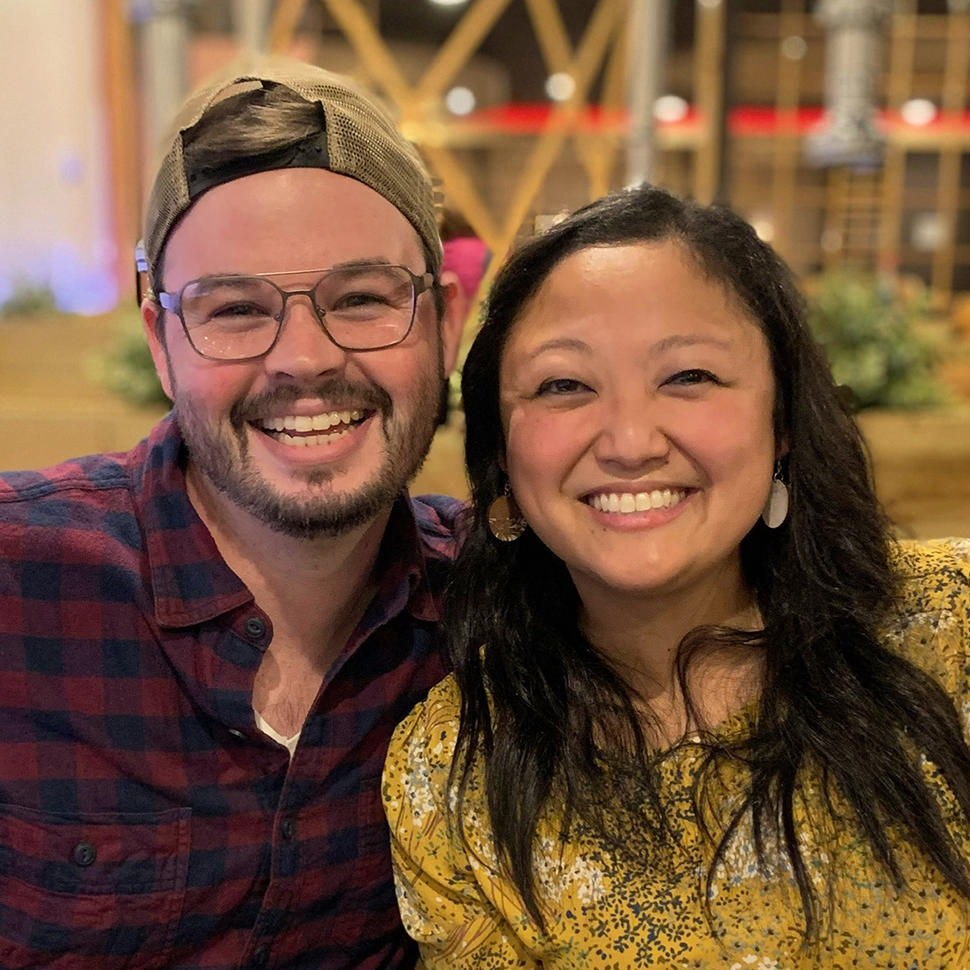Childhood Cancer Survivor
“Things catch up to you,” said Sarah about the late effects of cancer treatment.
At 14, she was diagnosed with Philadelphia chromosome–positive acute lymphoblastic leukemia and underwent radiation, chemotherapy, and a bone marrow transplant. The treatment was successful, but her doctors said it could impact her ability to have children.
The gravity of their message didn’t hit her as a teenager, and coping in her 20s and 30s has been tough. But Sarah and her husband are growing their family another way and eagerly await the chance to adopt a child.
While other survivors may endure similar late effects, Sarah said no two experiences are alike, and anyone working with childhood cancer data should remember the human side of data. “Reach out and have those human interactions with cancer patients,” she said. “The data is important, but only because we unfortunately still have people being diagnosed with cancer.”
